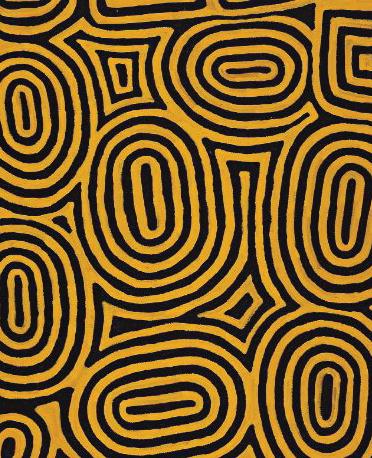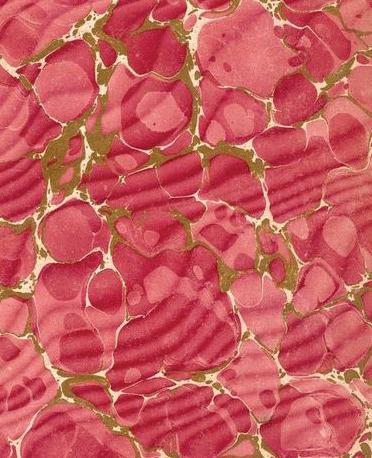

History of Sant’Orsola
In the 14th century it was a female Benedictine monastery as a satellite location of San Lorenzo. By the 15th century it was largely expand- ed by the Franciscan sisters. And throughout the Renaissance, extentions were continuous.
In 1810 it was a tabaco factory for Tus- can cigars. Since then it was used as a shel- ter, and classrooms for University of Florence. Renovations added iron netting, secured walls with cement, and floors with concrete, only to be aban- doned by the Guardia di Finanza in the 1980s.









HISTORICAL
Built in the 14th century, I highlighted the medieval Romanesque interior architecture of the monastery, including its faded painted ceilings that I would rejuvenate.

ARCHETYPAL
Classic
interiors
with maximalist and eclectic flair through bright, vintage-inspired colors.
CULTURAL

To enhance creativity, I would hire local artists and incorporate elements, patterns, and materials from various cultures.
HISTORICAL PRESERVATION

Historical preservation is crucial in showcasing the building’s cultural heri- tage and original construction amid modernization.
LIGHTING

The industry is about peoplewhat makes them feel and look good, prompting me to opt for a warmer, more incandesent glow.
This hotel will feature a quiet sense of drama with hidden or ambient lighting.

COLOR THEORY
I am interested in the phsycological and emotional response of color theory. The colors must be stimulating as visual monotony creates fatigue, and I intend on playing with both warm and cooler colors to both boost energy levels, while also promoting relaxation.

As said by Ron Kaal for Frame magazine, ‘a hotel is a 24-hour economy in which each guest determines his own pace. While one guest sleeps, another eats, a third works, a fourth arrives and a fifth checks out.’
More than any other industry, it serves every type of person, reguardless of where they are coming or going. I will design a space equally welcoming, glamourous and comfortable, and with quiet drama I will accentuate the historical building, feeding it with new life through




Abrivriated Program and Concept
The goal was to transition the building into a boutique hotel featuring every amenity, including a restaurant, bar, spa, and boutique. There should be a union between form (existing physical space) and function (use of space, people, and activities). The space must be high-quality for guests, providing a calm and tasteful experience in and out of their bedroom. The layout, color, mood, and experience should be harmonious and elegant while nodding to its historical roots. This must all be done without removing any of the walls, and acknowledging that the space is largely thin with fixed rooms due to the courtyards.

Main point of inspiration (seen above): the LA Proper Hotel.

Painted walls, especially in the entry - painted by local artisans.
Plan of Existing Building


Adjacency Matrix and Bubble diagram



Entrance/reception
Elevator space
Exhibit space
Outdoor lounge
Indoor Lounge
Outdoor seating
Resturant Bar
Kitchen
Recieving and storage
Men and Womens WC
Rooms
Upstairs hallway
Sta Space
Developed space RCP

Materials

Historically accurate materials such as stucco (walls), stone and marble.
Venetian and Moroccan-inspired tiled floors for restrooms, outside spaces, etc. Warm hardwood floors throughout the bottom floor.
Bedrooms with wall-to-wall carpet, and bathrooms tiled/marble.





Furnished Plan of the Indoor Lounge

Finished Floor Plan of Building

Developed rendering #1
Developed rendering #2



















THANK YOU.










